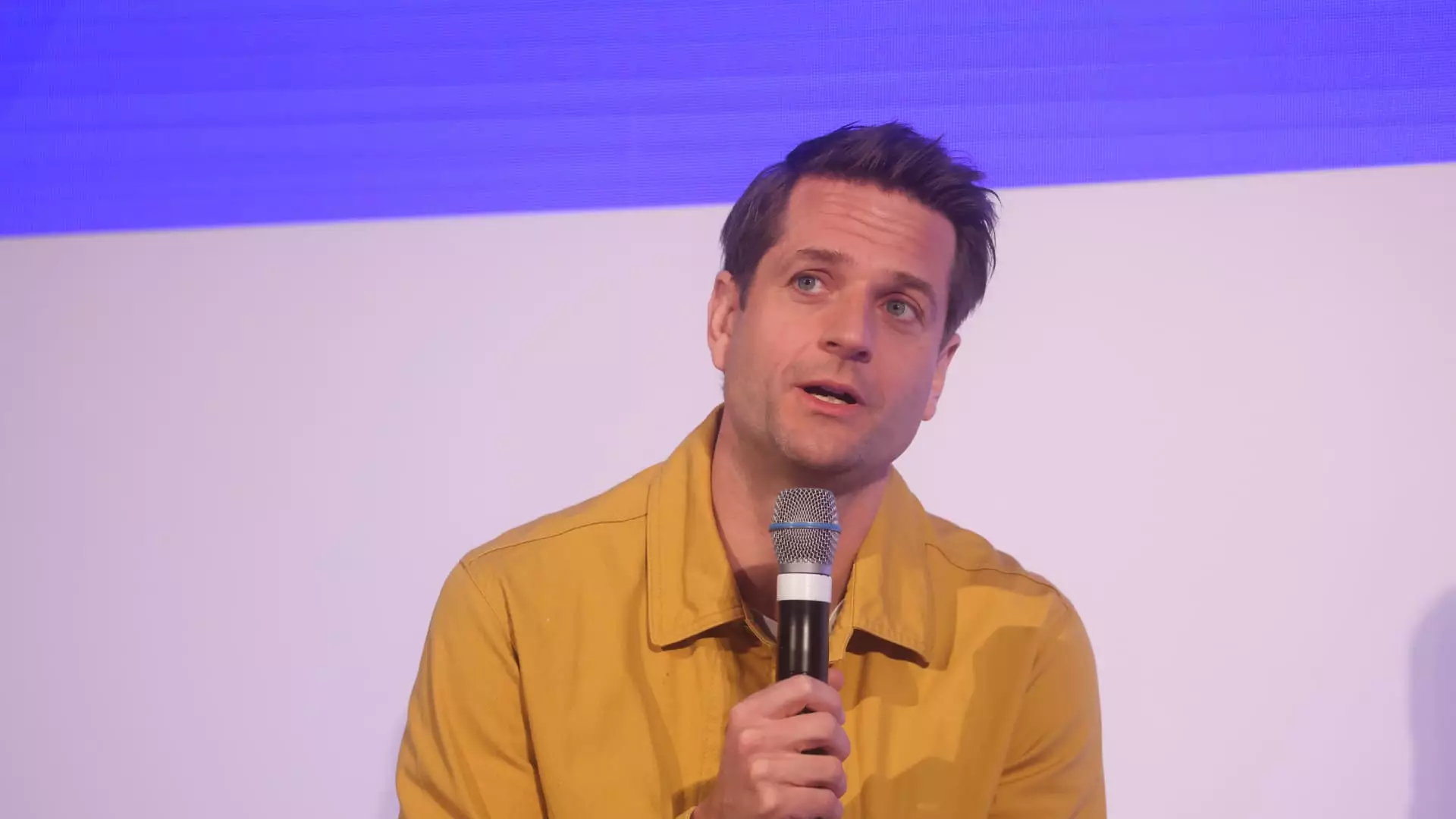As Klarna gears up for a significant public offering, the fintech company finds itself confronting a dilemma that could severely impact its future: the risk of a talent exodus. According to CEO Sebastian Siemiatkowski, the issue of retaining skilled professionals in Europe, particularly with unfavorable employee stock option regulations, poses a serious threat. This article delves into the implications of this brain drain, the stark contrasts between European and American tech markets, and what Klarna might need to address as it navigates its IPO journey.
The European Tech Ecosystem: A Double-Edged Sword
The European technology landscape, while robust, carries its own set of challenges. Siemiatkowski’s concerns focus primarily on the comparatively less favorable rules surrounding employee stock options. In Europe, these options, which serve as a vital incentive for tech professionals, often result in less compensation when juxtaposed with those offered by American giants such as Google, Apple, and Meta. The result? A disincentivized workforce that may look beyond European borders for better offers.
In a bid to attract top talent, many U.S. tech firms provide more aggressive equity compensation packages. Klarna’s predicament underscores a critical point: the European model may not be as appealing. Siemiatkowski highlighted that Klarna allocates a mere fraction—around 20%—of equity compared to its publicly-traded peers in the U.S., who offer nearly six times that amount. This disparity not only affects recruitment but also retention, as talented individuals may seek opportunities where their financial aspirations align more closely with the rewards provided.
A significant factor contributing to this brain drain is the structure of social security payments in countries like the U.K. and Sweden. Unlike other European nations where there are caps on employee contributions, these nations impose unbounded social security deductions, complicating the compensation landscape for tech companies. The unpredictability associated with these costs can lead to strained profit margins for companies like Klarna, making it challenging to plan for future growth and employee engagement.
Siemiatkowski articulated the crucial balance firms must strike between profitability and competitive compensation. When stock prices surge, so do the associated costs for companies, creating a precarious financial environment. This convoluted setup ultimately leads companies to question how much they can afford to invest in their most valuable asset: their people.
With a potential IPO on the horizon, the conversation around employee compensation and talent retention is intensifying. Klarna’s ambitions to go public in the near future are further complicated by these systemic issues within the European tech sector. Siemiatkowski has indicated a strong desire to rectify these challenges to ensure Klarna can attract and keep top talent while navigating the public market.
A recent study by the venture capital firm Index Ventures emphasized the stark reality of the European startup scene. Employees at late-stage startups in Europe own, on average, only 10% of their companies, while their American counterparts possess around 20%. This ratio highlights a fundamental disconnect in wealth distribution and opportunity across the Atlantic, with clear ramifications for companies like Klarna that are striving for growth in a competitive landscape.
An intriguing aspect of the current job market is the rising mobility of talented professionals. In today’s digital age, remote work has become a prominent feature, allowing skilled individuals to work for companies located in different regions without relocating. This shift further complicates the challenge for companies in Europe as they compete not just with local firms but also with enticing offers from across the globe.
The sentiment that undervalues compensation for skilled workers in Europe—especially in finance—presents additional hurdles. Siemiatkowski lamented that this cultural attitude undermines competitiveness, suggesting that even if Klarna were to increase compensation packages, there would still be a reluctance within the broader European framework to appropriately value such expertise.
As Klarna approaches its IPO, the insights shared by Siemiatkowski shed light on broader systemic issues that impact the retention of talent in the European tech sector. To remain competitive, there must be a concerted effort to reform the existing frameworks concerning employee stock options and compensation strategies. Addressing these concerns could not only fortify Klarna’s talent pool but also inspire similar firms to adopt progressive compensation practices. The prospect of Klarna becoming a major player on the public market is exciting, yet doing so successfully hinges on attracting and retaining the skilled workforce necessary for long-term growth and innovation.

